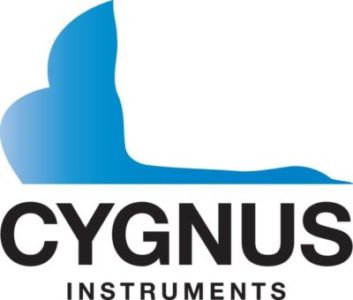Cygnus’ Role in NDT

Non-destructive (or Nondestructive) or NDT testing is a wide ranging set of techniques used in industry to analyse, check and evaluate the properties of components, systems and materials whilst not causing any damage to the object or item being inspected. The terms Non-destructive Inspection (NDI), Non-destructive Examination (NDE) and Non-destructive evaluation (NDE) can also be employed to delineate this family of testing techniques that have little or no lasting effects on the materials on to which they are deployed.
NDT has wide ranging and far reaching applications and is a commonly used in aeronautical engineering, electrical engineering, systems engineering, forensic engineering, mechanical engineering , civil engineering and medicine.
The most commonly deployed NDT techniques are:
- eddy-current
- X RAY (radiographic)
- magnetic-particle inspection
- liquid penetrant inspection
- remote visual inspection (RVI)
- low coherence interferometry
- and ultrasonic
Cygnus Instruments Role within NDT
Cygnus Instruments Ltd has made its prestigious name in the ultrasonic discipline of NDT, by developing and manufacturing a range of very high quality, simple and robust ultrasonic thickness gauges (UTG).
A UTG has the key advantage (over a simple mechanical inspection) of the ability to gauge thickness measurement without requiring access to both sides of the material being tested. For example, the wall thickness of a pipeline can be measured by an ultrasonic thickness gauge without needing to damage the pipe and whilst the pipe is still in operation.
Cygnus’ range of non-destructive testing equipments are able to determine the thickness of a material sample by measuring the amount of time it takes sound to traverse from the unit’s piezo-electric transducer through the object or material that is being measured to the “far side” of the material, and then measure the time which the ultrasonic reflection takes to get back to the transducer. The UTG then calculates the remaining wall thickness based on the speed of sound through the material (which must be known or a sample of a known thickness must be available to calibrate the gauge).
Cygnus Instruments, is proud to be the pioneer of the multiple echo technique. A multiple echo Cygnus Gauge can “see through” and ignore material coatings up to 20mm thick and will not give a user a reading unless it is able to match the second and third echoes – thus verifying the measurement. One of the principal advantages of this is that a user with very little training can obtain highly accurate measurements which can be highly cost effective.
Within the latest products, Echo-Echo and Single Echo measuring modes have been added to offer extra versatility to accommodate an even wider range of measuring possibilities.


